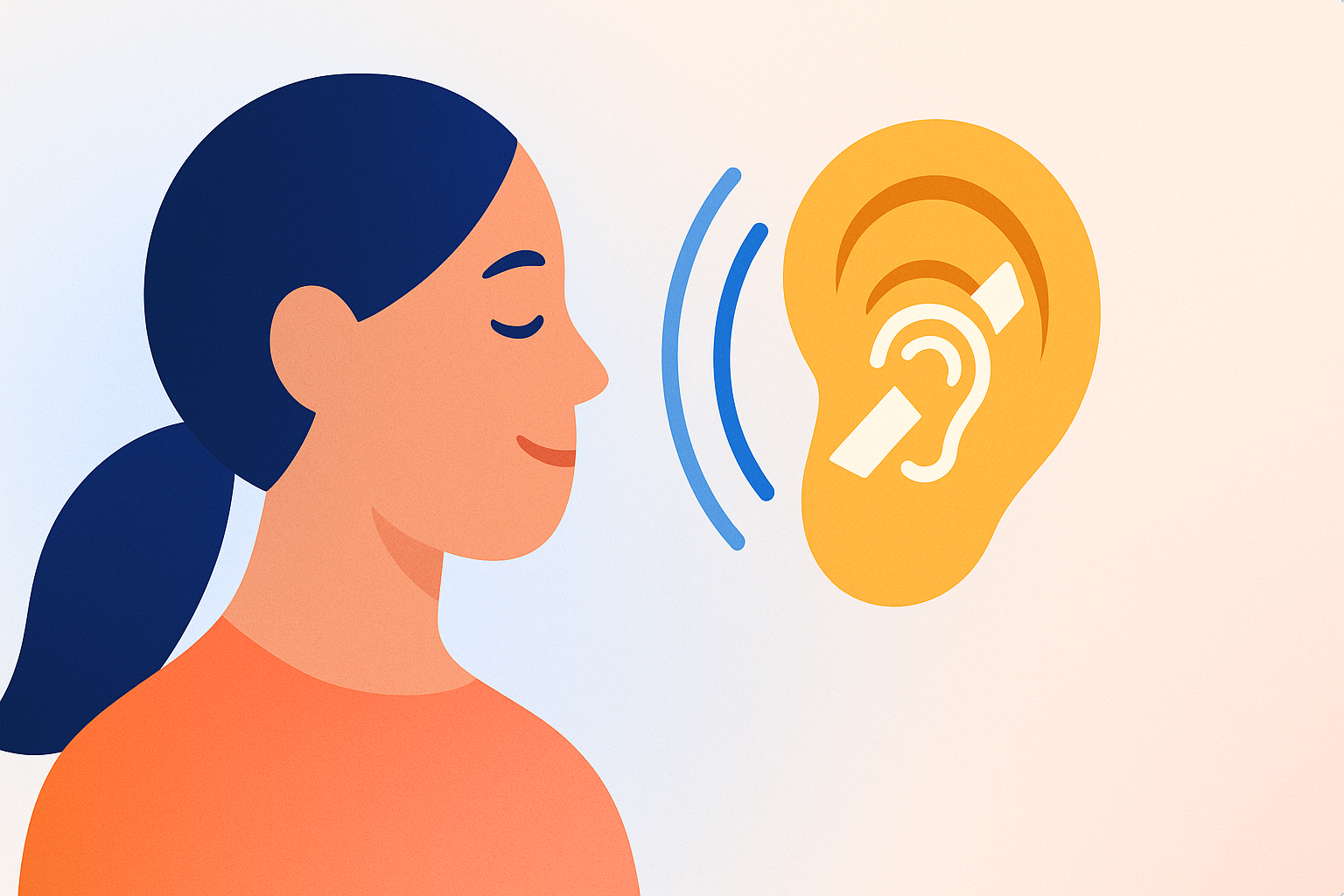


Assistive Listening Devices (ALDs), also known as hearing enhancement systems or personal amplifiers, are specialized tools designed to improve sound clarity for individuals with hearing difficulties. These devices work by reducing background noise and delivering amplified audio directly to the user’s ears, making conversations, presentations, and media more accessible. ALDs are commonly used in public spaces, workplaces, and educational settings to support people with mild to moderate hearing loss. By enhancing auditory input, these systems promote better communication and participation, helping users stay engaged and confident in various environments.
Begin by selecting an ALD that fits your environment, such as a personal amplifier or a loop system. Position the microphone close to the sound source and connect the receiver to your hearing device or headphones. Test the volume and clarity before use, adjusting settings as needed for comfort. Regularly check batteries and clean components to maintain optimal performance. When not in use, store the device safely to prevent damage.
Disclo streamlines requests, documentation, and tracking for Assistive Listening Devices (ALDs) and Systems, so HR teams and employees spend less time on paperwork and more time working productively.
